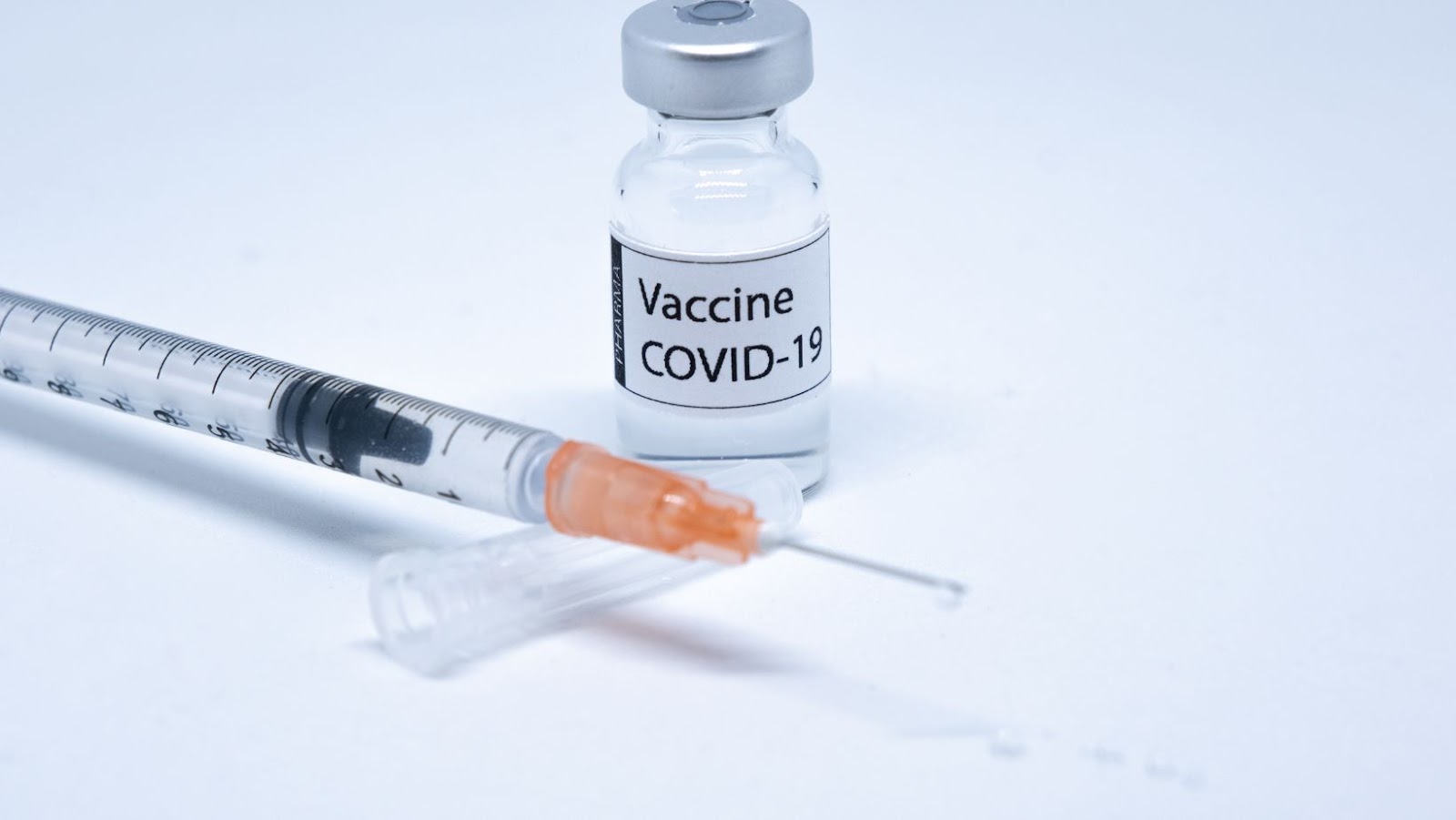Vaccine diplomacy has become one of the key areas of foreign policy for China as it seeks to increase its global influence and win international allies. Through its vaccine diplomacy, China has rapidly expanded access to the novel coronavirus vaccine worldwide, particularly in developing countries. With Chinese-developed vaccines being approved for use in more than 60 countries this year, Beijing has positioned itself as a leader in global health initiatives, providing much-needed relief to those most vulnerable during this healthcare crisis.
In addition to increasing diplomatic ties, vaccine diplomacy also brings further economic development and investment opportunities for Chinese firms abroad.
Overall, vaccine diplomacy is an important tool in expanding the scope of China’s soft power and geopolitical influence. By providing tangible and intangible benefits to its international partners, Beijing can advance its agenda by creating an atmosphere where countries are more likely to cooperate with a rising superpower on other shared issues such as trade agreements or climate change initiatives.
Background of China’s Vaccine Diplomacy in Central and Eastern Europe
China’s vaccine diplomacy in Central and Eastern Europe is part of an effort to expand the country’s presence in the region. Through donations of coronavirus vaccine doses, China has sought to bolster support for the country’s economic, technological and political advancement in the region.
This article will explore the background of China’s vaccine diplomacy in Central and Eastern Europe and the potential benefits it could bring for the country.
Overview of China’s Vaccine Diplomacy
China’s vaccine diplomacy in Central and Eastern Europe (CEE) is part of a broader effort to strengthen its ties with countries in the region. Since March 2021, China has shipped vaccines to Hungary, Romania, Islamic Republic of Iran, Bosnia, and Herzegovina. The move has been interpreted as an effort by Beijing to gain influence in the region, as well as to bolster its overall image around the world. It follows other initiatives by China including the Belt and Road Initiative (BRI), the 17+1 Forum for Cooperation between China and Central and Eastern European countries (17+1), aid programs, investment projects, etc.

The scope of China’s vaccine diplomacy is not limited to CEE; Beijing has also donated vaccines to African countries including Kinshasa (DR Congo), Lagos (Nigeria) and Gaborone (Botswana). Other vaccinations sent out include those for Myanmar, Panama and Turkey.
Beyond providing vaccines directly or through donation channels such as COVAX, largely targeted at least developed countries (LDCs). China’s vaccine diplomacy outside CEE involves joint venture opportunities with local actors across continents ranging from India to South America Ireland etc. In doing so, Beijing also capitalises on existing infrastructure from its BRI initiative, especially ports it owns or operates worldwide.
Ultimately, vaccine diplomacy serves immediate needs and strengthens ties within recipient countries for commercial contacts in addition to offering greater access for Chinese companies into new markets thereby supporting both Chinese diplomatic agenda abroad and attending greater gains for those companies through increased capabilities for exports & investments opportunities.
China’s vaccine diplomacy in Central and Eastern Europe
In 2021, China has taken a clear stance in its pursuit of vaccine diplomacy across Central and Eastern Europe (CEE). This strategy has been accompanied by billions of dollars of investments and loans, rhetoric about the “win-win” nature of Chinese contributions, and promises of Chinese vaccines. Consequently, some states within the region have placed their bets on China and sought to strengthen ties with the Far East giant.
Vaccine diplomacy marks a potential new chapter engaged in by China to engage key regions in international politics and compete with other countries for influence. It is widely seen as an instrument of soft power for advancing China’s public-health, economic and strategic interests along with its ambitious Belt and Road Initiative (BRI). The goal for China is to gain broader acceptance on the international arena among states often viewed sceptically by Western powers. Through these efforts Beijing seeks to demonstrate Beijing’s commitment for regional cooperation which can result in a much-needed geopolitical shift.
Beijing moved quickly in response to global demand from countries stricken by the coronavirus pandemic, especially those with fragile healthcare systems. It offered substantial support measures mainly to vaccine shipments or financing packages related to vaccine procurement in CEE countries. For instance, Slovakia received orders for 500 000 doses of Sinovac biopharmaceuticals Covid−19 vaccine while Hungary received supplies from Sinopharm vaccination produced domestically in the People’s Republic of China (PRC). To date, recipient countries include Bulgaria (Jiang Bai vaccines), Serbia (Sinopharm) and now Lithuania, which just ordered 600 000 doses produced domestically by CanSino Bio Inc.
China has quickly become a major provider but also partner for Central Europe nations either via large investments on 5G technology projects or other infrastructural initiatives such as railways or port modernization plans throughout Croatia, Serbia or Slovenia with potential long term returns much touted after only short term injections that can secure initial trust from local governments.
Benefits of Vaccine Diplomacy for China
China’s vaccine diplomacy in Central and Eastern Europe has recently increased. The Chinese government has been providing vaccine doses to countries in the region while at the same time engaging in public diplomacy initiatives.
In this article, we’ll look at some potential benefits of this vaccine diplomacy for China.
Strengthened Relationships
Vaccine diplomacy has the potential to strengthen relationships between China and other countries. China has proven their commitment to global health through vaccine diplomacy by sending medical supplies and personnel to other needy countries. They have also made vaccines available to many of these countries, including the United States, for purchase at an affordable price.

Through this partnership, China can form stronger alliances with countries needing medical aid and establish a reputation as a supplier of drugs and medical products that exceed international standards. Additionally, strong relationships formed through vaccine diplomacy can improve economic agreements between trading partners which could benefit China’s bottom line in the long run. These strengthened relationships can even extend into diplomacy and military ties that could benefit both parties.
Improved Political Influence
Vaccine diplomacy has not only benefited China in the field of international health, it has also been a tool for China to use in solidifying its political standing overseas. By providing COVID-19 vaccines to countries worldwide, China positions itself as an authoritative power and a reliable partner in its diplomatic engagements. Furthermore, by assisting countries in need, Japan can demonstrate goodwill and non-coercive forms of influence that are beneficial for forging international ties with other nations.
For example, Chinese vaccine shipments have been especially useful in developing relationships with African countries. Not only did this aid them financially by providing them with access to COVID-19 treatments when they need it most; it also helped to position their government more positively among the citizens of these states by demonstrating their commitment and dedication to addressing global health crises. Vaccines have therefore served as both political and humanitarian beneficiaries— boosting China’s influence while helping those most affected by the virus.
This successful use of vaccine diplomacy has improved international opinion towards Chinese economic and diplomatic policies, effectively enhancing China’s political influence in various parts of the world.
Increased Trade Opportunities
China’s vaccine diplomacy has increased its trade opportunities, offering China the chance to expand its reach in global markets. Vaccine exports have created potential new markets for Chinese commodities, making them more competitive and possibly displacing the products of other countries. In the future, China could negotiate better terms for foreign aid and investment in exchange for vaccine access to developing countries. In addition, with the vaccine being exported to more and more countries, Chinese companies are expected to gain access to bigger markets with higher quality products and enhanced reputation in global markets.

This expanded trade opportunity can help open up new avenues of economic development for China, further strengthening its economic position. By expanding its own domestic market while simultaneously increasing its presence in emerging economies abroad, China will likely see significant economic and political gains in the future. Additionally, helping poorer and developing nations gain access to a much-needed vaccine could improve diplomatic relations between these countries – something that would benefit all sides involved.
